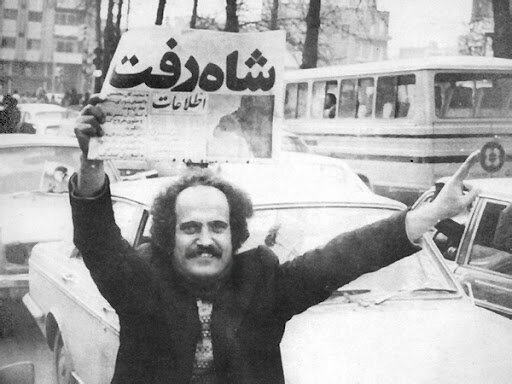
Short seller Hindenburg Research on Thursday accused Carvana of a running an “accounting grift for the ages” in a bombshell report — sending shares of the used-car retailer tumbling. Hindenburg — whose report on companies run by Indian billionaire Gautam Adani led to a federal indictment of the mogul last year — said it took a short position on Carvana after extensive document review and nearly 50 interviews with industry experts. Its report — titled “Carvana: A Father-Son Accounting Grift for the Ages” — accused the Tempe, Arizona-based company of insider trading and accounting manipulation.
“Our research uncovered $800 million in loan sales to a suspected undisclosed related party, along with details on how accounting manipulation and lax underwriting have fueled temporary reported income growth — all while insiders cash out billions in stock,” the short seller alleged. Carvana shares dropped nearly 5% before paring the losses by the closing bell to close at 199.41, down 2%.

The company slammed Hindenburg’s report as “intentionally misleading and inaccurate.” “We plan to stay focused on executing our plan for another great year in 2025,” a spokesperson told The Post. The company, which once faced bankruptcy, topped analysts’ estimates for third-quarter revenue when it last reported in October.
Its stock skyrocketed more than 300% in 2024 as the company cut costs, restructured its debt strategy and improved profits under a turnaround plan led by chief executive Ernie Garcia III. Pre-owned car demand has also been improving over the past few months, helping retailers like Carvana. The company went on an expansion-spree during the pandemic to capitalize on a shortage of new vehicles at that time, but struggled to sell units at enough profit.
Between August 2020 and August 2021, Garcia III and his father, Ernest Garcia II, sold $3.6 billion worth of Carvana stock . When shares surged 42% last year, the chief executive’s father sold an additional $1.
4 billion in Carvana stock, the report added. While rivals in the auto industry struggled, Carvana boomed. For every dollar in net income it reported, the company added $139 to its market cap, the report said.
A former Carvana director said the company approved 100% of its loan applicants, Hindenburg claimed. Carvana also got some help from the senior Garcia selling some of its cars to DriveTime — his son’s car dealership — at a premium instead of having to mark down the price, Hindenburg said. Carvana saw a huge increase in borrower extensions in 2024 — the highest increase of any subprime issuer, according to the report.
That increase was thanks to an affiliate of DriveTime, which allowed Carvana to continue to extend the loans and avoid reporting delinquencies, the report said. Multiple lawsuits have been filed against the father-son duo, including a 2023 suit accusing the Garcia family of running a “pump-and-dump” scheme at Carvana to fill their pockets. Carvana went public in 2017 after it spun off from DriveTime, which was previously Ugly Duckling, a bankrupt car-rental business run by Garcia II.
He took the company private and renamed it in 2002. In 1990, the elder Garcia pleaded guilty to bank fraud in connection with Charles Keating’s $150 billion savings-and-loans crisis. Carvana and DriveTime are still intertwined in some ways, sharing revenues generated by the loans and selling vehicles to each other, according to CNBC .
.















